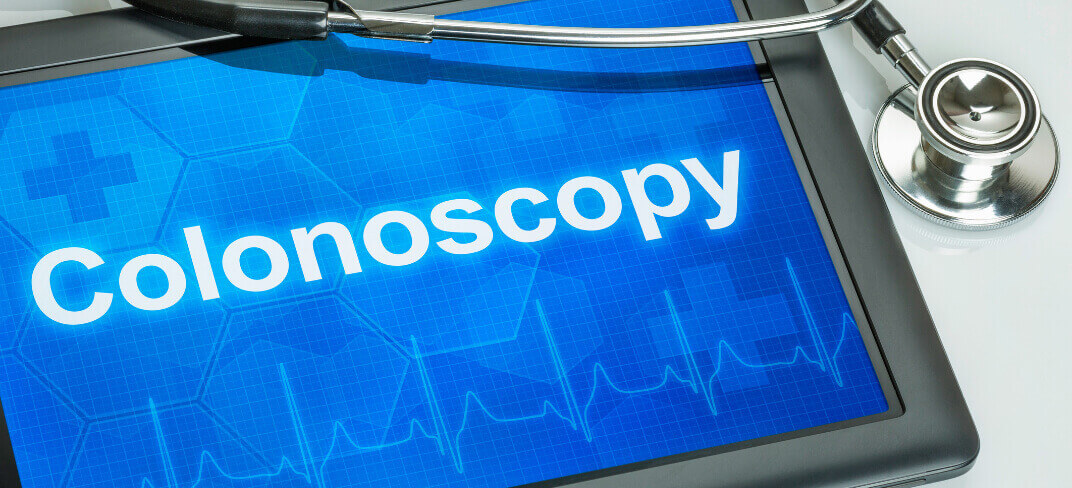Why Should I Consider a Colonoscopy?

A colonoscopy plays a crucial role in preventing, diagnosing, and managing colorectal conditions including bowel cancer. It contributes significantly to the overall health and well-being of individuals, especially as an effective means of early detection and intervention.
Every year, according to the Irish Cancer Society, about 2,560 people are diagnosed with bowel cancer, making it one of the most common cancers in Ireland. Early detection is particularly valuable in cancer treatment, enhancing the prospects for successful intervention and positive health outcomes.
How to Prepare for a Colonoscopy
The large intestine, consisting of the colon and rectum, integral components of the lower digestive system, is the focus of colonoscopy preparation. Getting ready for a colonoscopy, which involves clearing the bowels for an unobstructed view, begins several days before the procedure. While each consultant may use different preparation methods, the fundamental approach involves the combination of a low-fiber diet and liquids to facilitate bowel emptying.
- Diet: A few days before the procedure, you’ll start to decrease the amount of food you eat. It’s recommended that you stick with low-fiber foods since they pass through the digestive system faster. You can eat foods like white bread, pasta, and rice; lean proteins like chicken, fish, and eggs; and well-cooked vegetables without the skin. Avoid eating seeds, nuts, dried or raw fruits, raw vegetables, and whole grains.
- Liquids: On the day before and the day of the procedure, you’ll only drink clear liquids, such as bouillon, tea, sports drinks, some juices, and clear minerals. You should avoid eating anything with purple, blue, orange, or red dyes, as they can discolour the intestinal lining.
- Bowel prep liquids: The most uncomfortable part of your prep is drinking a liquid that causes diarrhoea to clear out your bowels. You’ll do this the afternoon or evening before the procedure, depending on the colonoscopy time and your consultant’s instructions.
- Medicines: You will be informed about whether you should stop taking any medications or supplements before the colonoscopy, and how far in advance to do so.
Tips for How to Prepare for a Colonoscopy
- Review the instructions ahead of schedule so you know what to expect and what liquids, medicines, and prescriptions you might need prior to beginning your preparation.
- During preparation, plan to stay in a comfortable place with easy access to the toilet.
- Find ways to make the bowel prep liquid more palatable. Many people find that drinking it cold is easier than drinking it warm. Follow some of the sips of bowel prep liquid with something clear and better tasting or cleanse your mouth with a boiled sweet or a lemon slice.
- Stock up on medicated wipes. The moist wipes are more soothing than toilet paper for cleaning.
What to Expect During Your Procedure
Before the procedure, you’ll receive light anaesthesia to make you drowsy.
During the procedure, the consultant will insert a scope into your rectum. The scope has a camera to view the inside of your colon. Using fluid and air, the consultant will move the scope through the colon to look for any abnormalities.
After the procedure, you’ll be monitored as you come out of the anaesthesia and then discharged. You may have some cramping or bloating after the colonoscopy. Additionally, you might notice some blood in your stool. Your consultant will give instructions for what you can eat at this point, usually starting with light foods. You should be able to resume normal activities in about 24 hours. You will not be able to drive for 24 hours so plan to have someone accompany you to, and from the hospital.
While colonoscopy preparation isn’t fun, it ensures that your colorectal area is adequately cleared so the consultant has good visibility to enable an accurate diagnosis and establish if there is any disease present.
Talk to your GP if you have symptoms which may indicate the need for a colonoscopy. These may include lower abdominal pain, blood in the stool, rectal bleeding, abnormal bowel habits or changes in the colour or consistency of the stool, and chronic constipation or diarrhoea. If there is a family history of bowel cancer you may also want to discuss this with your GP.